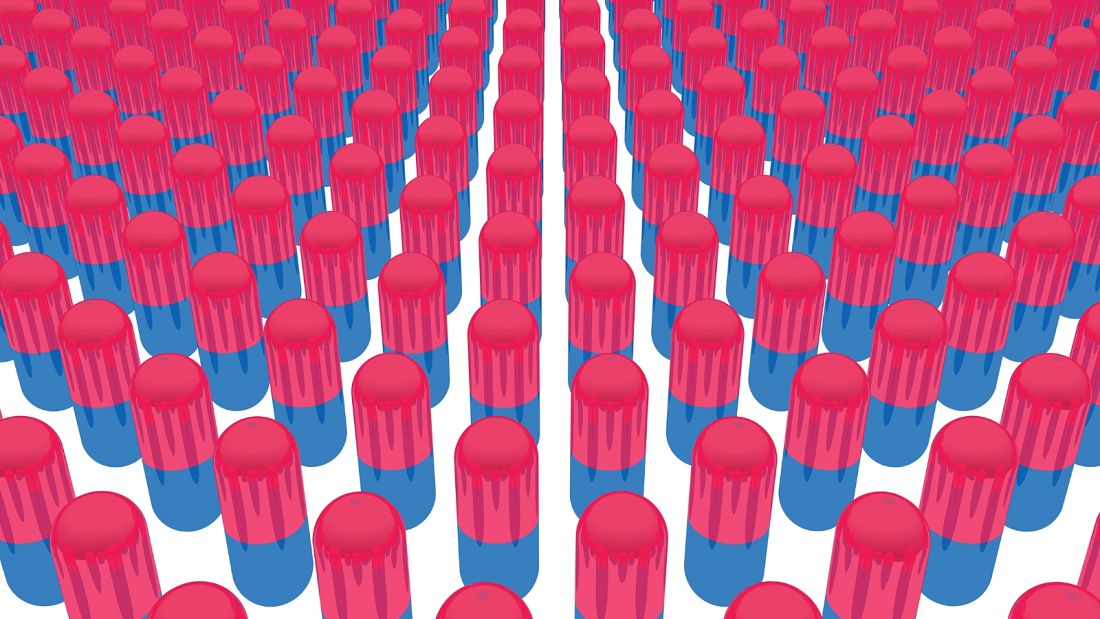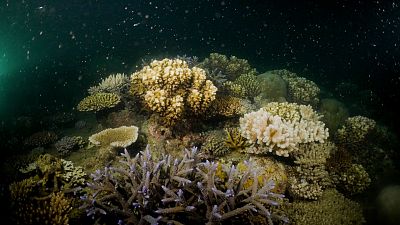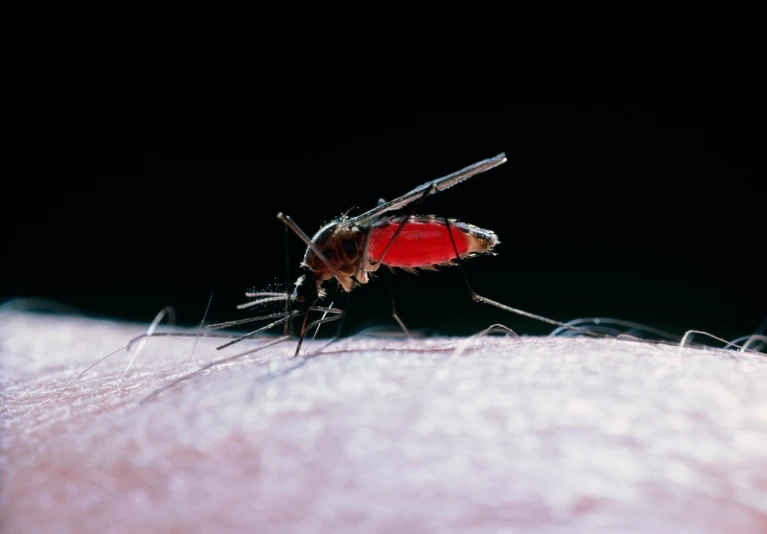Is it possible to drink too much water? Experts say we already do
我們是否喝了過量的水?專家說我們已然
Health
How much water should we drink every day? Most health advice, including from the NHS, typically recommends drinking between six to eight glasses of fluid, including water, a day – equivalent to between 1.2 to two liters. However, this advice has come under scrutiny in recent years. Some claim that drinking lots of water can flush out toxins and maintain healthy kidneys, but some studies have shown that drinking more water does not offer more benefits. Now, a new study suggests that drinking two liters of water per day is likely too much for most people in most situations. Scientists from the University of Roehampton London (UoRL) conducted “the biggest study of its kind” with more than 5,600 participants between the ages of eight and 96 from 23 different countries. They found that a “one size fits all” policy for water intake does not work for everyone depending on a number of factors, including age, sex, location, occupation, and more.
--from Independent
我們每天應該要喝多少水呢?根據多數的健康指南建議,包括國民保健署(National Health Service,NHS)均表示人們應每日攝取包括飲用水在內的6至8杯飲料,約等於每日需攝取1.2至2升的水。然而,這一建議近年來受到質疑。有人表示多喝水說可以排毒並保持腎臟器官健康。但同時也有研究指出,多喝水並不會帶來更多好處。現在一項新的研究指出,每日飲用兩公升的水對於大多數人來說可能太多了。倫敦羅漢普頓大學(University of Roehampton London,UoRL)的科學家主導了某項同類研究中規模最大的研究,此項研究包含23個國家中的5,600多名受試者年齡介於8歲至96歲之間。他們發現,此項通用的飲水指南並不適用於所有人,影響的因素包括:年齡、性別、居住地、職業等。
--摘錄翻譯自Independent
Europe's mental health crisis in data: Which country uses the most antidepressants?
數據中的歐洲心理健康危機:哪個國家使用的抗抑鬱藥最多?
Health
Global consumption of antidepressant drugs (AD) has increased dramatically in the last two decades, with Europeans the largest consumers. Use of antidepressants increased by nearly two and a half times from 2000 to 2020 in 18 European countries, according to Organization for Economic Cooperation and Development (OECD) data. OECD datasets demonstrates the defined daily dose (DDD) consumption of “N06A-Antidepressants”. This group “comprises preparations used in the treatment of endogenous and exogenous depressions,” according to the World Health Organisation (WHO). The average antidepressant consumption across 18 European countries was 30.5 DDD per 1,000 people per day in 2000 rising to 75.3 DDD in 2020, a 147 percent increase. But this overall average conceals very different starting points for antidepressant use in 2000 in certain countries, ranging from 6.4 DDD in Estonia to 70.5 DDD in Iceland.
--from EuroNews
全球抗抑鬱藥(antidepressant drugs, AD)消費量在近二十年內急速增長,在這之中以歐洲大陸人士為該類藥物最大消費者。據經濟合作暨發展組織(Economic Cooperation and Development, OECD)數據顯示,自2000-2020年,共有18個歐洲國家的抗憂鬱藥物使用量增加了將近兩倍半。OECD 數據集向大眾展示他們收集到的N06A-抗抑鬱藥(N06A-Antidepressants)的每日使用劑量(defined daily dose, DDD),世界衛生組織 (World Health Organization,WHO) 表示,這是一組“用於治療內源性與外源性憂鬱症的藥劑。18 個歐洲國家的平均抗抑鬱藥消費量從 2000年的每1000人每天使用 30.5 DDD,到 2020 年上升至 75.3 DDD,增幅為 147%。但這個總平均值數據涵蓋了各國家2000年間從不同時間開始使用抗抑鬱藥的數據,範圍從愛沙尼亞的 6.4 DDD 至冰島的 70.5 DDD。
--摘錄翻譯自EuroNews
Gingerbread and glühwein: The best Christmas markets in Europe this year
薑餅與紅酒:歐洲今年最佳的聖誕市集登場囉!
Culture
With little wooden chalets strung with lights and steaming glühwein on tap, Christmas markets are brimming with yuletide cheer. They originated in Germany in the late middle ages and are now a staple in many European cities. Each country puts its own spin on the festive fairs, from stalls selling handcrafted knitwear in Austria to stylish contemporary jewellery in Finland.
--from EuroNews
燈火通明的小木屋,熱氣騰騰的德國熱紅酒(glühwein)隨處可見,聖誕市集洋溢著聖誕節的歡樂氣氛。聖誕市集起源於中世紀晚期的德國,現在成為歐洲各大城市主流活動。從奧地利的手工針織品攤位到芬蘭時尚的當代珠寶,每個地區的聖誕市集都有自己的風格。
--摘錄翻譯自EuroNews
It’s coral spawning season in the Great Barrier Reef - watch this beautiful natural process unfold --article with video
大堡碉珊瑚產卵現正熱映中-點開影片觀看這個令人歎為觀止的自然景色
Culture
Corals grown in Australia’s first offshore coral nursery have spawned for the first time after being planted on the Great Barrier Reef four years ago. They were grown as part of a project by the Reef Restoration Foundation to help rebuild degraded parts of the reef on Fitzroy Island - 29km from Cairns in North Queensland. The discovery in Welcome Bay on Fitzroy Island delighted the team as it means the planted corals are healthy, settled and thriving.
--from EuroNews
澳洲四年前在第一個大堡碉近海的珊瑚苗圃所種植的珊瑚首次產卵。它們是珊瑚礁恢復基金會(Reef Restoration Foundation)項目的一部分,旨在幫助重建距離北昆士蘭州凱恩斯29公里處的菲茨羅伊島上退化的部分珊瑚礁。菲茨羅伊島(Fitzroy Island)迎賓灣的發現讓復育團隊很高興,因為這意味著人工種植的珊瑚健康、穩定且茁壯成長。
--摘錄翻譯自EuroNews
Mosquito blood meals reveal history of human infections
蚊子吸血為食揭示人類感染史
Sciences
Blood from a mosquito’s most recent meal contains antibodies from the person or animal the insect feasted on. An innovative approach analysing their last blood meals can reveal evidence of infection in the people or animals that the flying insects feasted on. Scientists say that the method, presented at an infectious-disease conference in Malaysia last week, could be used to study people’s and animals’ past exposure to a range of pathogens, while avoiding the ethical and practical issues of testing them directly.“This is a novel and fascinating approach, which demonstrates innovative ways to use the environment around us to learn more about exposure to infection,” says Shelly Bolotin, a vaccine scientist at the University of Toronto in Canada.
--from Nature news
蚊子新近攝食的血液中含有來自其所吸食的人或動物的抗體。一項分析它們最後一次進食的創新方法可以透露飛蟲所叮咬的人或動物感染的證據。科學家表示,上週在馬來西亞舉行的一次傳染病會議中發表的這項方法,可用於研究人和動物接觸過的一系列病原體的情況,同時避免直接測試它們的倫理和現實問題。加拿大多倫多大學疫苗科學家Shelly Bolotin說:「這是一種新穎而有趣的研究法,它示範了運用我們周圍環境來了解更多關於暴露導致感染的創新方法。」
--摘錄翻譯自Nature news
Weather can affect baby names, and Climate change could bring new names to the fore
天氣會影響寶寶的名字,氣候變化可能讓新名字脫穎而出
Sciences
Some parents name their babies after celebrities, others, for revered ancestors. But enjoyable weather can influence a parent’s choice as well, an analysis of hundreds of millions of baby names in the United States has shown. Evolutionary ecologists Raymond Huey of the University of Washington and Donald Miles of Ohio University have spent their careers learning how the physical environment, particularly temperature, influences the behavior, physiology, and other aspects of the lives of animals. They wondered whether the environment might influence a uniquely human behavior: naming a baby. The new study persuades Ruth Mace, an evolutionary anthropologist at University College London (UCL) who was not involved in the work, that “we sometimes take in our environment and reflect it in our children’s names.”
--from Science news
有些父母以名人的名字為他們的孩子命名,有些則以尊崇的祖先名字命名。但一項對美國數億嬰兒名字的分析顯示,宜人的天氣也會影響父母的選擇。華盛頓大學的進化生態學家Raymond Huey和俄亥俄大學的Donald Miles在他們的職業生涯中一直致力於研究物理環境,特別是溫度對動物行為、生理與生活各方面的影響。他們想知道環境是否會影響人類的單一行為:給嬰兒命名。此研究指出「我們有時會受環境內化影響,並將其反映在我們孩子的名字中」,說服了未參與此研究工作的University College London進化人類學家Ruth Mace。
--摘錄翻譯自Science news
